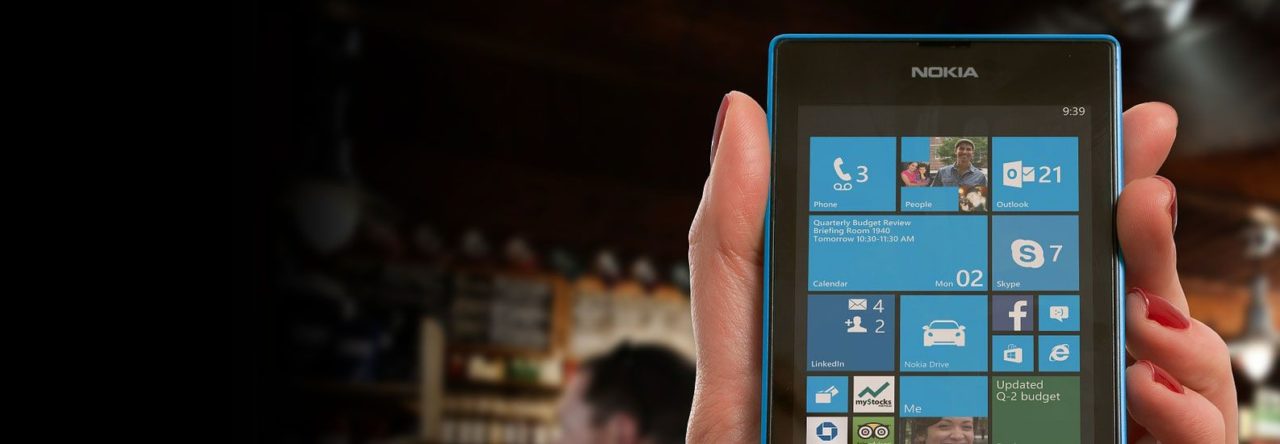With so many exciting new technological developments coming down the pipeline, 2018 sure is an exciting time to be alive. Computers and programming especially have been enjoying a rapid-fire pace of progress. Breakthroughs in all facets of the science and research communities have led to the following promising technologies.
Earbuds That Translate for You
If you’ve ever visited another country and felt panicked by the fact that you couldn’t understand the language, have no fear. Pixel Buds, which will be available at the very reasonable price of $159, will allow people to communicate with others who don’t speak their native tongue.
3D Printed Metal
For anyone who’s ever lamented the fact that their car’s parts need to be sent from overseas before being replaced, 3D printed metal promises to be a game-changer. Now, mechanics will—in theory—be able to print out the parts that your vehicle so desperately needs, saving both time and money.
Polygenic Risk Scores According to DNA
Sooner rather than later, parents of newborn babies will find themselves saddled with a report card almost immediately after their child’s birth! However, this report card will be based on the baby’s DNA stats, alerting parents to possible problems down the line. If a child is more prone to getting hooked on smoking, for instance, their parents will know about it ahead of time.
Smart Cities
Although some cities, such as Dubai, have been praised for their tech savvy skills, many are still running on old models. Quayside, a new Canadian project that is based in Toronto, may change all of that. And drivers won’t be able to enter this city; in fact, the only cars you’ll see will be autonomous ride shares! Open-source software will be powering this smart city, which means that other urban planners will be able to benefit from all of the knowledge gleaned from this dazzling experiment. With underground robots running mail underneath the city’s sidewalks, this is truly going to be a futuristic feast.
Universal AI
These days, it can be difficult to get your hands on some AI—unless you’re a big name company with deep pockets. But with a recent push to change that, businesses are now seeing the possible boon of allowing consumers to use AI to power their lives.




